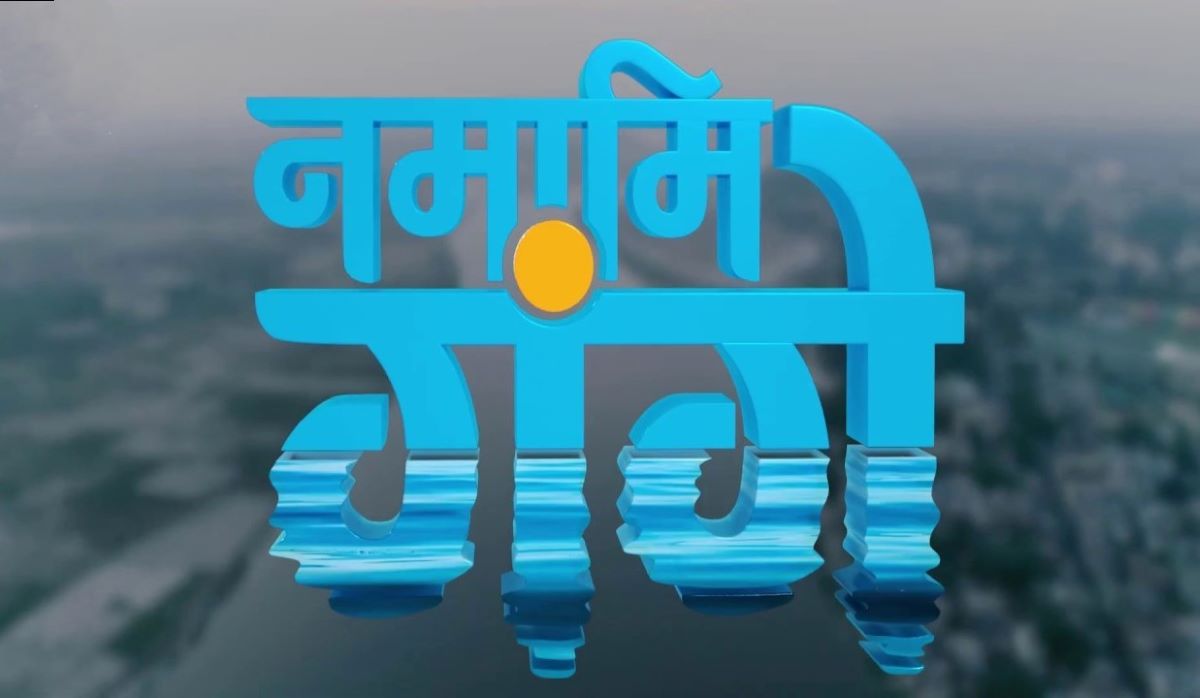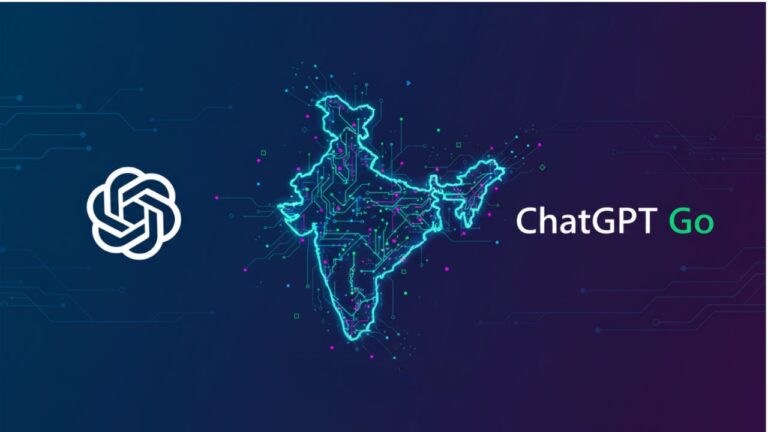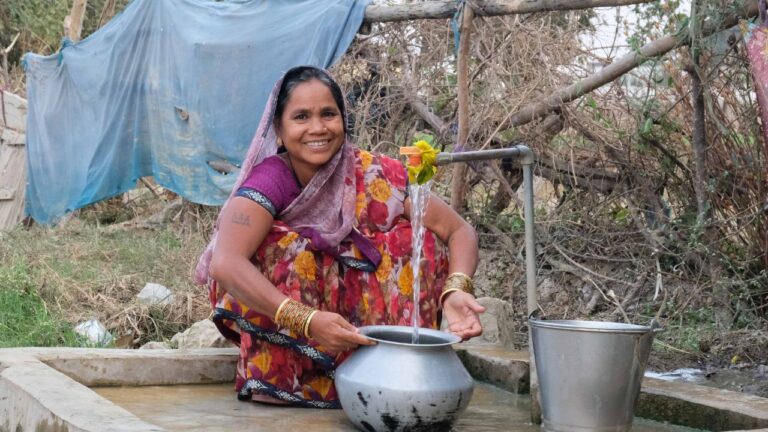
Namami Gange’s Webinar Series 'Igniting Young Minds: Rejuvenating Rivers’ Goes Global (Photo Source: PIB)
Namami Gange Mission: National Mission for Clean Ganga (NMCG) has expanded its webinar series ‘Igniting Young Minds: Rejuvenating Rivers’ to a global audience. The 13th edition of the webinar, now called ‘Igniting Young Minds: A Global Campaign,’ took place virtually on July 8, 2023, in collaboration with APAC News Network.
The objective of the webinar was to encourage young water sustainers to become tomorrow’s global sustainability leaders by focusing on the theme of water conservation. The session emphasized the urgent need for rainwater conservation, collaboration with universities, and community engagement to ensure sustainable water management and river rejuvenation.
Chairing the webinar was G. Asok Kumar, Director General of NMCG. The panelists included B.S Yadav, Chancellor of IES University; Dr. Narayana Shenoy S, Vice Chancellor of Manipal Academy of Higher Education; Dr. Neena Singh Zutshi, Professor and Dean Academics of World University of Design; and Arpan Stephen, an E-learning Expert from the Kingdom of Bahrain’s Arabian Gulf University.
During his keynote address, Kumar highlighted the critical need for intensified efforts in water conservation and river rejuvenation. He stressed the importance of public participation, calling for a collective movement and citizen responsibility to ensure sustainability and respect for water resources. Kumar emphasized the effective management of water resources, utilizing the spatial and temporal variation in rainfall across the country.
He pointed out the positive impact of NMCG’s work in the Ganga Basin, including improved water quality and increased sightings of aquatic species like Gangetic Dolphins and Otters. The recognition of NMCG’s efforts by the United Nations further reaffirms its commitment to water conservation. Kumar also noted the increasing awareness and engagement in river rejuvenation efforts, as demonstrated by the participation of over 20 crore people in the Kumbh Mela 2019.
He emphasized the importance of the 5 Rs – Reduce, Reuse, Recycle, Recharge, and Respect – in combating water scarcity, particularly in the agricultural sector. Kumar highlighted the excessive use of groundwater by farmers and the need for more efficient irrigation methods. He stressed the incorporation of water-saving practices into all aspects of life, such as reusing rejected water from reverse osmosis systems for washing vegetables, fruits, and plants.
Treated water from sewage treatment plants (STPs) can also be used for irrigation and other purposes, reducing the need for water extraction from other sources. Kumar emphasized the adoption of a circular economy of water, where water is recovered and reused, to achieve sustainable water management.
He emphasized the need to educate younger generations and raise awareness among students about sustainable water usage practices. Kumar highlighted the importance of reusing sewage water and the safe disposal of sewage to avoid contamination of fresh water sources. He also discussed the “Catch the Rain” campaign, which promotes decentralized storage of rainwater within communities, contributing to the elevation of water table levels and a reduction in energy-intensive water pumping. Kumar stressed the significance of rainwater conservation for students, as it directly impacts the future of forthcoming generations.
B.S Yadav, Chancellor of IES University, spoke about the Ganga River’s role as the lifeline of the country. He emphasized the need for awareness campaigns within universities to promote the optimal use and conservation of water resources. Yadav appreciated the Jal Jeevan Mission and recognized it as a remarkable initiative to address the need for clean water. He also highlighted the Unnat Bharat Abhiyan launched by the Government of India, which aims to adopt 10 nearby villages for community development. Yadav expressed his readiness to support these initiatives, acknowledging water as a basic necessity and commending NMCG’s efforts in raising awareness and rejuvenating rivers.
Dr. Narayana Shenoy S emphasized the need for water conservation and the preservation of rivers. He highlighted India’s abundance of rivers and rainfall. Dr. Shenoy mentioned the Swarna Aradhana Project initiated by Manipal Academy of Higher Education, which views rivers as living natural resources and provides a holistic perspective to the younger generation. He stressed that even small steps can create a significant impact in protecting water resources and ensuring a sustainable future.
Dr. Neena Singh Zutshi discussed the collaboration between her university and NMCG in the Universities Connect Program. She addressed the global challenge of climate change and the need for youth engagement in addressing this issue. The collaboration aims to integrate water conservation principles into the university’s curriculum, with different departments focusing on specific initiatives. Dr. Zutshi emphasized the importance of leveraging technology and AI to address water-related challenges effectively.
Arpan Stephen, an e-learning expert from the Arabian Gulf University, shared insights on the water-related challenges faced in Bahrain, such as the absence of natural rivers or lakes and heavy reliance on converting seawater into potable water. He stressed the need to integrate water conservation into the curriculum and educate young people from the K12 level. Stephen advocated aligning water conservation education with the growing recognition of the importance of environmentally conscious citizens and sustainable practices within India’s education system.
The webinar concluded with a call for universities to actively support and collaborate in the conservation and rejuvenation of rivers. The discussions highlighted the importance of public participation, education, and technological advancements in ensuring sustainable water management and river rejuvenation.






